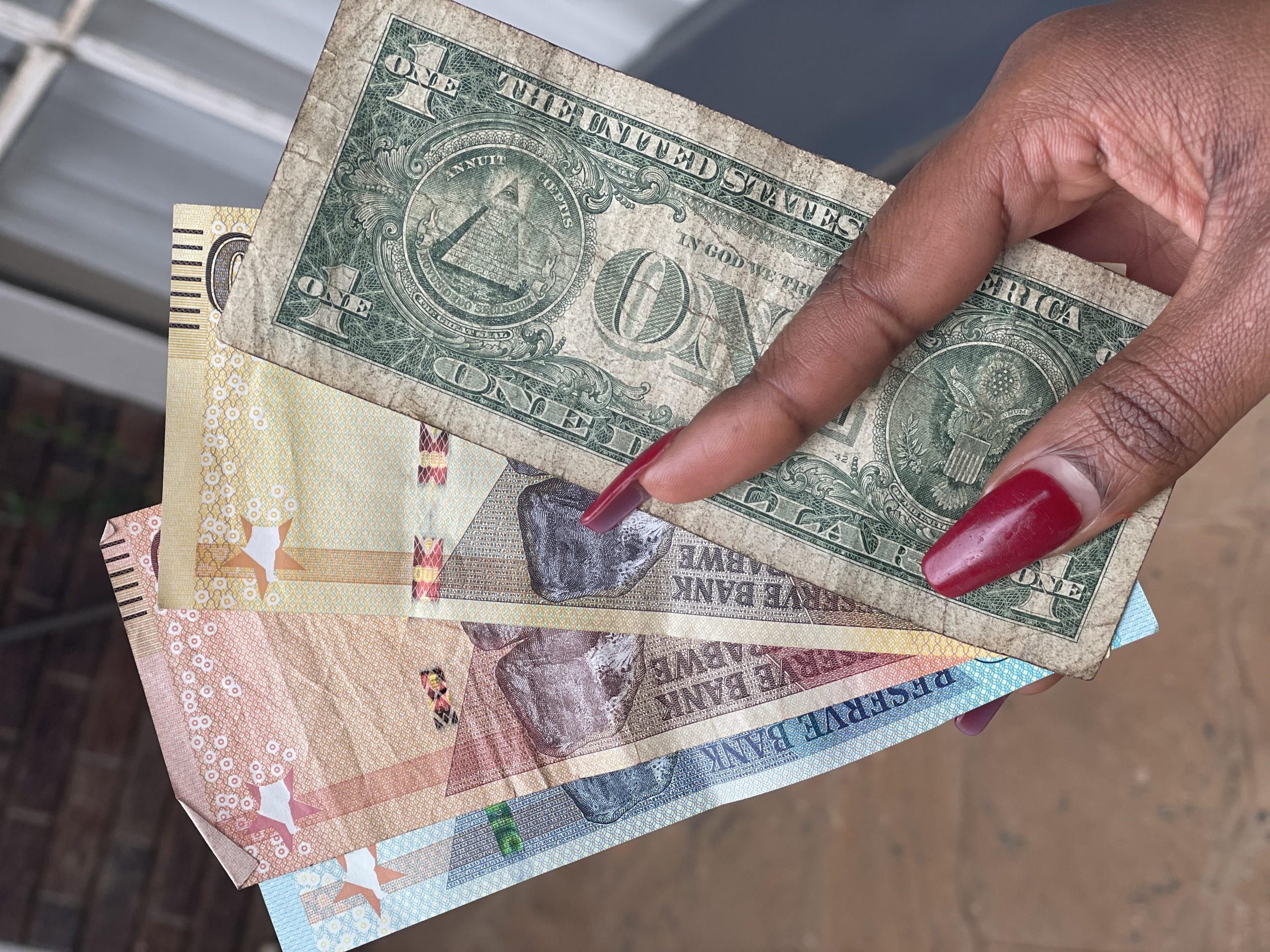By ETimes
It is a widely acknowledged fact that Zimbabwe has struggled with policy consistency and implementation over the years. The country has experienced significant political and economic instability, which has contributed to a lack of clear and consistent policies.
Additionally, corruption and mismanagement have hindered the effective implementation of policies that have been put in place. This has had negative impacts on the country’s development and ability to attract investment. To address these challenges, there is a need for strong leadership, transparency, and accountability in policymaking and implementation processes.
In the weekly central bank auction, which took place just days after changes to the way the foreign exchange market is run, the local currency declined by over 34.39%.
The most recent policy change to stabilize the local currency is the depreciation. The weekly auction has been used to determine the interbank rate at which companies are expected to price their goods, but it has drawn criticism for being excessively centrally planned.
At the time of writing, the Zimbabwean dollar was trading at ZWL3000x to the US dollar on the black market.

The recent announcement by the treasury chief, Mthuli Ncube, has a number of implications for the country’s economy.
First, the adoption of all external loans by the Treasury means that the government will now be able to access foreign currency from international lenders. This could help address the country’s chronic shortage of foreign exchange, which has been a major constraint on economic growth.
Second, the announcement that all foreign exchange auction systems will be further fine-tuned and will now auction a pre announced envelope on a pure Dutch auction basis is likely to lead to a more efficient allocation of foreign exchange. Under the current system, there is often a shortage of foreign exchange at the auctions, which can lead to high prices and unfair competition. The new system is designed to ensure that all participants have an equal chance of winning foreign exchange, and that the price is determined by supply and demand.
Overall, the recent announcements by the finance minister are positive steps for the Zimbabwean economy. They could help address the country’s chronic shortage of foreign exchange and improve the efficiency of the foreign exchange market. This could lead to increased investment and economic growth.
Here is a more detailed explanation of the two announcements:
*Adoption of all external loans by the Treasury*
The Treasury is the government’s financial arm. It is responsible for managing the country’s finances, including its debt. The announcement that the Treasury will now be able to access foreign currency from international lenders is a significant development. It means that the government will have a new source of foreign exchange, which could help address the country’s chronic shortage.
The shortage of foreign exchange has been a major constraint on economic growth. It has made it difficult for businesses to import raw materials and equipment, and it has also made it difficult for the government to import essential goods and services. The new access to foreign currency could help address these challenges and boost economic growth.
*Fine-tuning of the foreign exchange auction system*
The foreign exchange auction system is a mechanism that allows businesses and individuals to buy foreign currency from the government. The system was introduced in 2019 in an effort to improve the allocation of foreign exchange.
Under the current system, businesses and individuals submit bids for foreign currency. The bids are then ranked according to the price that is offered. The government then sells foreign currency to the highest bidders until the available foreign exchange is exhausted.
The announcement that the foreign exchange auction system will be further fine-tuned is likely to lead to a more efficient allocation of foreign exchange. The new system is designed to ensure that all participants have an equal chance of winning foreign exchange and that the price is determined by supply and demand.
This could lead to increased investment and economic growth.
However, market observers are eagerly waiting to see when the Dutch auction system will start to be used by the apex bank. This comes after industry recommendations for a proper Dutch foreign currency auction system – Harare


